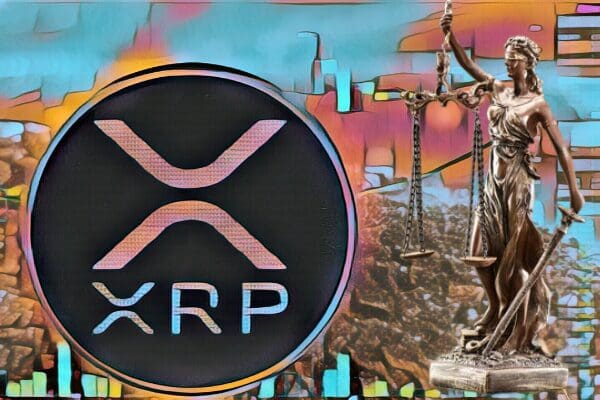Summary
- The victory for Ripple against the SEC was celebrated with enthusiasm on Thursday when a judge in New York ruled in part in its favor.
- While Ripple’s XRP token witnessed an instant boost and crypto enthusiasts flooded Twitter, not all of the news was in the exchange’s support.
- In her filing, Judge Analisa Torres explains why Ripple’s claim that it did not need to record XRP sales is unconvincing, and she does so by referencing several previous rulings by courts.
Even as the crypto market responded immensely to a judge’s partially favorable judgement in Ripple’s legal battle with regulators, driving Ripple’s XRP up 25%, dire warnings surfaced concerning that part of the order that wasn’t favorable to Ripple.
Read More: Ripple Wins, SEC Loses: XRP Price Jumps 37% as US Judge Rules XRP is Not a Security
The market as a whole has been jubilant, and the impact on XRP was immediate and significant. However, District Judge Analisa Torres concluded that even while Ripple traded its cryptocurrency on public exchanges while complying with the law, the exchange violated federal securities laws. Particularly considering the unregistered sale of $728.9 million to experienced investors.
Ripple XRP Sold As An Investment Contract
While Ripple’s lawyers succeeded in convincing Judge Torres of some of their claims, they were failed to persuade her of others that would have completely exonerated the exchange.
In a document filed with the US Court for the Southern District of New York, the judge elaborates on how she reached the ruling she did. Judge Torres goes through considerable measures to explain why the verdict was not entirely in favor of Ripple.
The petition states that the directors of Ripple have never denied their intention to sell XRP through interstate commerce. Neither the fact that they did not submit an application for registration with the Securities and Exchange Commission (SEC).
According to Ripple, XRP was not a security, hence there was no need for a registration statement. The exchange and its lawyers contended that the product it sold lacked an “essential ingredient” of security.
They claimed that a contract of some sort must be present in an investment contract by definition. In this instance, it would entail the promoter having obligations following the sale. Along with the investor’s right to a part of the promoter’s profits.
The Argument For XRP Is Not Supported By Existing Case Law
Judge Torres refuted these allegations in her statement by citing established securities law precedent. Specifically, by demonstrating that such components are not required in an investment contract. Since the Howey Test in 1946, many cases have confirmed the validity of this, according to Torres.
“Courts have found the existence of an investment contract even in the absence of Defendants’ ‘essential ingredients,’ including in recent digital cases in this District,” Torres said. “In the more than seventy-five years of securities law jurisprudence after Howey.”
Torres used the proceedings in SEC v. Kik Interactive Inc. and Balestra v. ATBCOIN LLC as references.
The judge quoted from a filing in the latter case:
“ATB Coins did not entitle purchasers to a pro rata share of the profits derived from any ATB-managed transaction. . . . However, such a formalized profit-sharing mechanism is not required.”
Judge Torres compared the ATBCOIN case to the Ripple vs SEC dispute. Furthermore, just as the defendant in that instance was not absolved of responsibility by the fact that no purchasers had a claim to a portion of the profits, neither is Ripple exonerated simply because there was no back-end mechanism in place that promised XRP investors a profit.
Therefore, the “essential ingredient” argument is invalid. Furthermore, Ripple is still in trouble.
Also Read: What Could Happen to XRP Holders If Ripple Losses To SEC?
DISCLAIMER
The purpose of this article is to provide accurate and timely information. However, readers are recommended to independently check information and consult with a specialist prior to making any decisions on the basis of this content.

